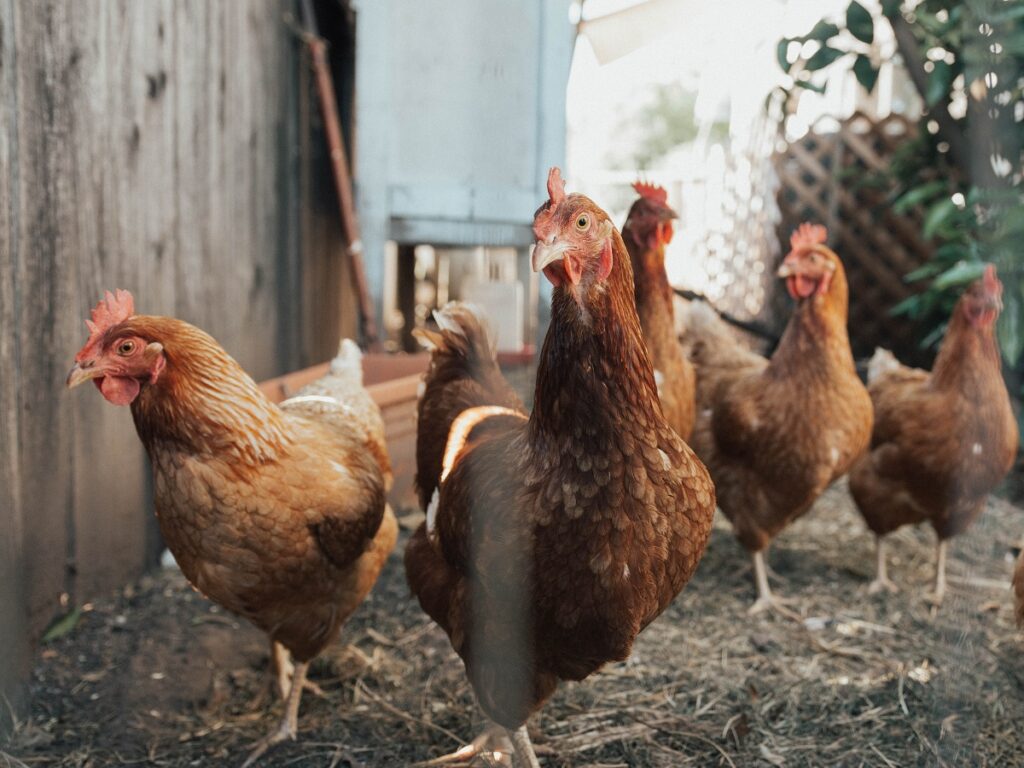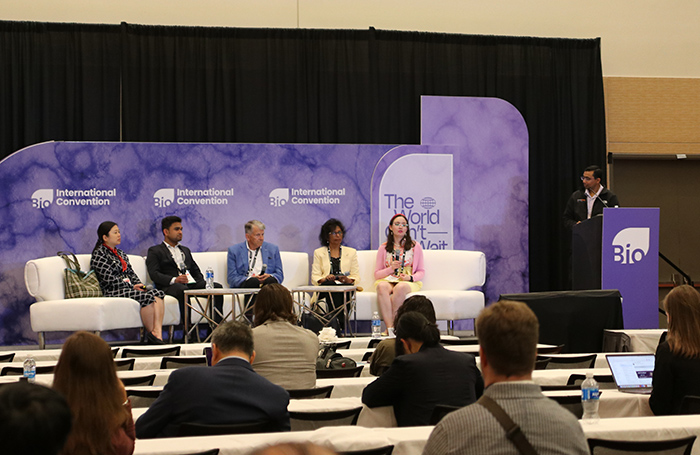One of the first public statements made by Dr. Robert Califf after he was appointed as the new head of the U.S. Food and Drug Administration (FDA) put an emphasis on “One Health,” which describes a holistic approach that acknowledges the interconnection between human, animal, and environmental health.
Dr. Califf took to Twitter in a series of tweets days after his appointment and disclosed his priorities, which included the opioid and stimulant crisis, the pandemic, and commitments to countering misinformation and relying heavily on data and science. But he also mentioned One Health, a topic that has not been highlighted very often by FDA commissioners.
“One of the greatest areas of learning for me during my last time at FDA was the importance of veterinary products and the critical issues in One Health that are at the core of antimicrobial resistance and future pandemics,” Dr. Califf wrote in one of his tweets.
While scientists and other specialists have long appreciated the importance of a One Health approach, the appearance of COVID-19, which apparently jumped species from animals to humans, has pushed the topic into the mainstream consciousness, Bio.News reported.
A modern approach to animal biotech
The FDA focus on veterinary products that Dr. Califf mentioned would align with stated priorities at the Department of Agriculture.
U.S. Secretary for Agriculture Tom Vilsack noted in a Jan. 20 hearing of the House Committee on Agriculture that gene-editing to create feed that reduces the methane emitted by cattle offers a beneficial means to control greenhouse gases. But gaining approval for this feed takes longer because the FDA considers them drugs.
Other countries appreciate the urgency of addressing climate change, so they have allowed faster approval of these types of feed, said Vilsack, adding that this gives those countries a big market advantage.
“We do need to modernize our regulatory process as it relates to those kinds of feed additives,” Vilsack told the hearing.
In a recent letter addressed to the Biden administration, the Biotechnology Innovation Organization (BIO) called on the FDA to work closely with the USDA to come up with an improved approach to animals derived from biotech, as gene editing can offer solutions to climate change, healthier food production, and zoonotic disease.
BIO has also noted the importance of a One Health approach, for example, in this blog post.
About One Health
The CDC has described One Health as an approach that closely links the health of people with the health of animals, plants, and the shared ecosystem.
The CDC said that the approach, in essence, is not new but is gaining importance due to the constant change in the interactions between animals and people, as well as the interactions with the environment. This has led to an increased emergence of zoonotic diseases, which are diseases that can jump from animals to people, the CDC said.
With appropriate attention to a One Health approach, we can do more to contain zoonotic outbreaks and improve food safety, which in turn will have a positive impact on global health security and provide the best health outcomes, according to CDC.




